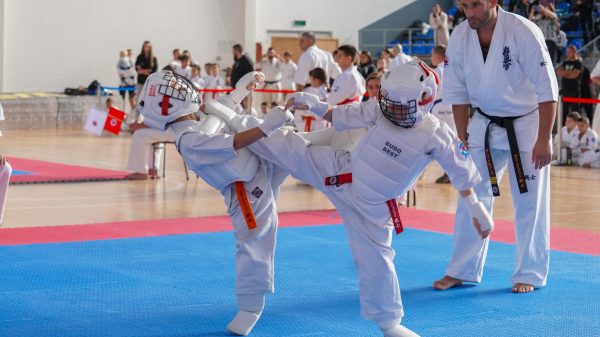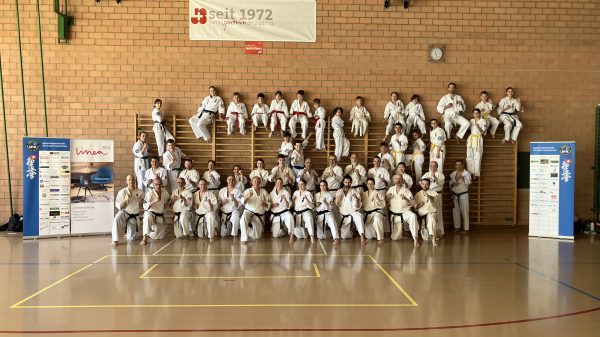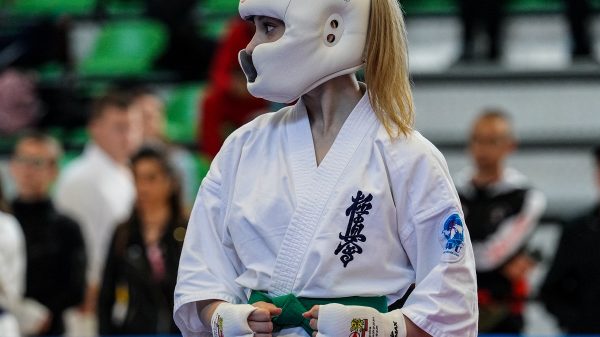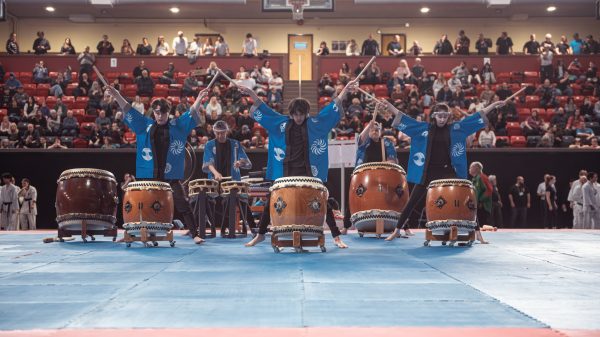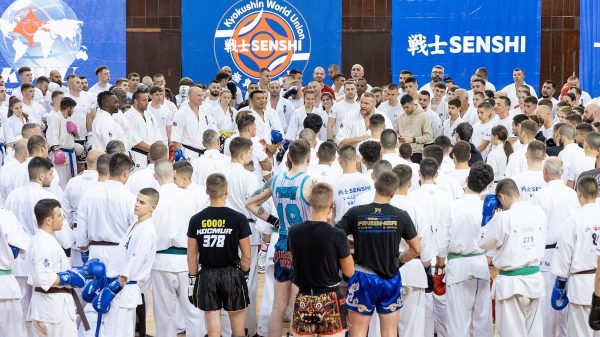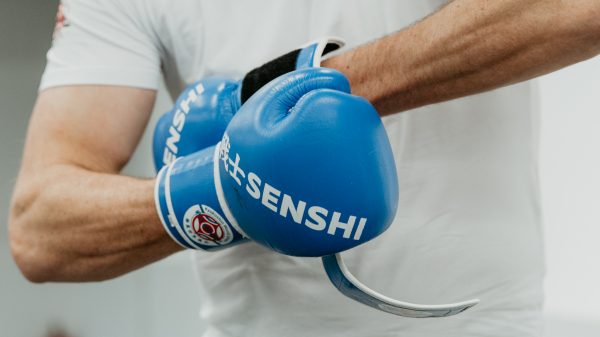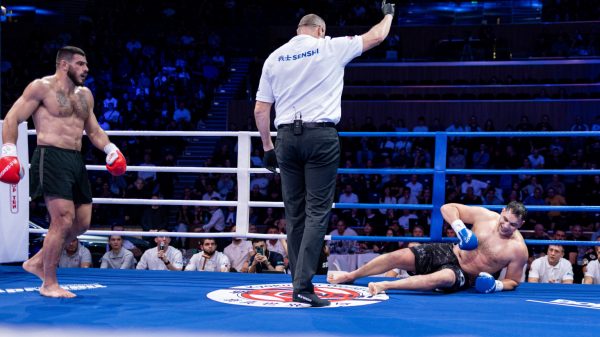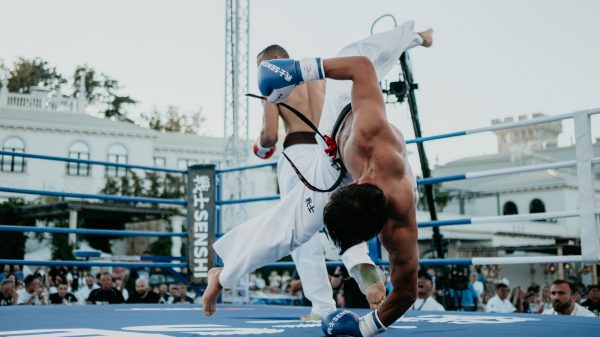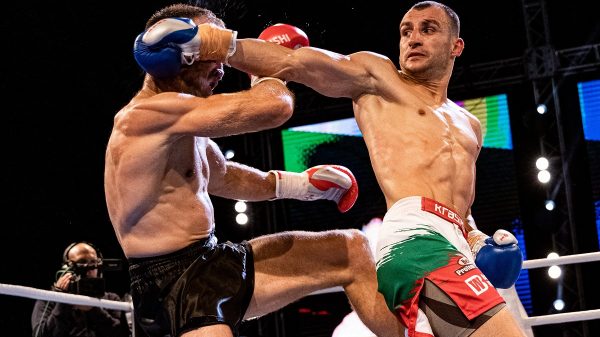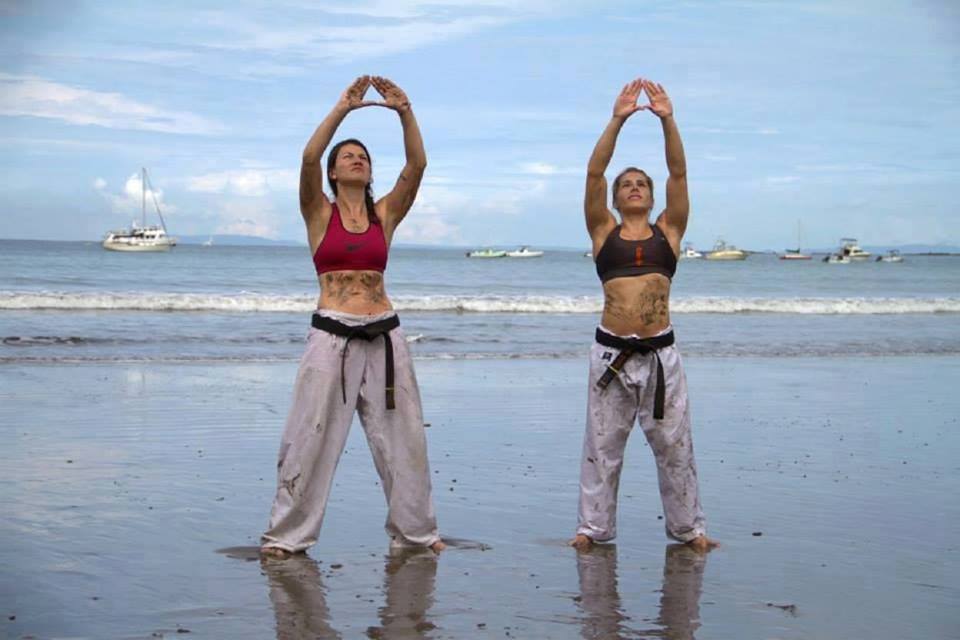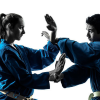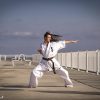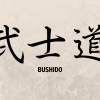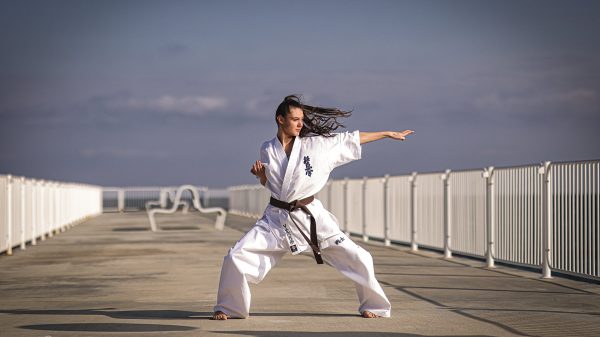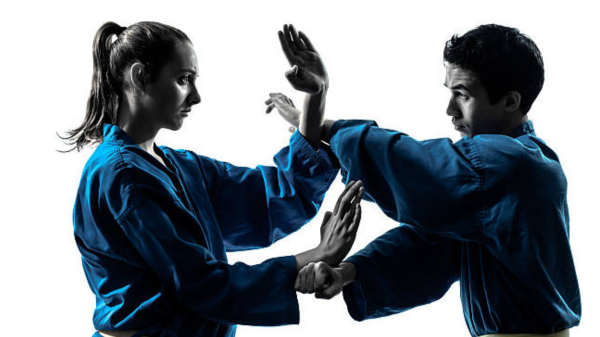In a world that constantly seeks to challenge and redefine gender norms, Kyokushin Karate has emerged as a powerful catalyst for breaking barriers and empowering women. Beyond the physical prowess and fighting skills, Kyokushin offers a transformative journey that builds strength, resilience, and a sense of empowerment. In this blog post, we’ll explore how Kyokushin Karate is changing the game for women, one powerful kick at a time.
1. A Level Playing Field:
Kyokushin Karate doesn’t discriminate. It doesn’t care about your gender; it cares about your dedication, commitment, and willingness to push your limits. In the dojo (training hall), men and women train side by side, competing on a level playing field. There are no gender biases here, only respect for the art and one another.
2. Physical Empowerment:
Kyokushin Karate isn’t just about learning self-defense techniques; it’s about mastering them. Women who practice Kyokushin gain the physical empowerment to protect themselves and their loved ones. The training builds not only strength but also agility and confidence, giving women the tools to face adversity head-on.
3. Mental Resilience:
The mental aspect of Kyokushin is equally empowering. Women learn to push past their limits, conquer fear, and remain focused under pressure. The mental resilience developed in the dojo carries over to everyday life, helping women confidently tackle challenges.
4. Building Self-Confidence:
Kyokushin training is a constant journey of self-improvement. As women overcome physical and mental challenges, their self-confidence soars. The sense of achievement of mastering a new technique or earning a higher belt is immeasurable.
5. A Supportive Community:
Kyokushin dojos are more than just training halls; they are communities. Women often find a supportive network of fellow practitioners and mentors who encourage them to thrive in a challenging environment. These communities foster lifelong friendships and bonds that transcend the dojo.
6. Breaking Stereotypes:
Kyokushin Karate challenges traditional gender stereotypes. Women in Kyokushin prove that they can be just as powerful, just as determined, and just as fierce as their male counterparts. Societal expectations do not confine them, but rather, they’re redefining them.
7. Leadership and Role Models:
Women who excel in Kyokushin become inspirational role models. They show that women can lead, instruct, and inspire others in the martial arts. This leadership extends beyond the dojo and can impact other areas of their lives.
8. Safety and Self-Defense:
In a world where safety is a paramount concern, Kyokushin equips women with the skills they need to protect themselves. It’s not about promoting aggression; it’s about ensuring safety and being prepared for potentially dangerous situations.
9. Empowerment Beyond the Dojo:
The empowerment women gain in Kyokushin doesn’t stop when they leave the dojo. It’s a mindset, a way of life. Women who practice Kyokushin often take on challenges with newfound determination and fearlessness.
10. Joining a Legacy:
Women who practice Kyokushin become part of a legacy of strong, empowered women who have walked this path before them, continuing a tradition of empowerment and resilience that transcends generations.
In conclusion, Kyokushin Karate is more than a martial art; it’s a life-changing experience that empowers women to break barriers and redefine what’s possible. It’s a journey that builds physical strength, mental resilience, self-confidence, and a sense of belonging in a supportive community. As more women embrace Kyokushin, they are not only becoming influential martial artists but also powerful forces of change in the world, proving that they can break any barrier that comes their way. Kyokushin Karate isn’t just about self-defense; it’s about self-empowerment, and it’s a movement that’s only getting stronger.


